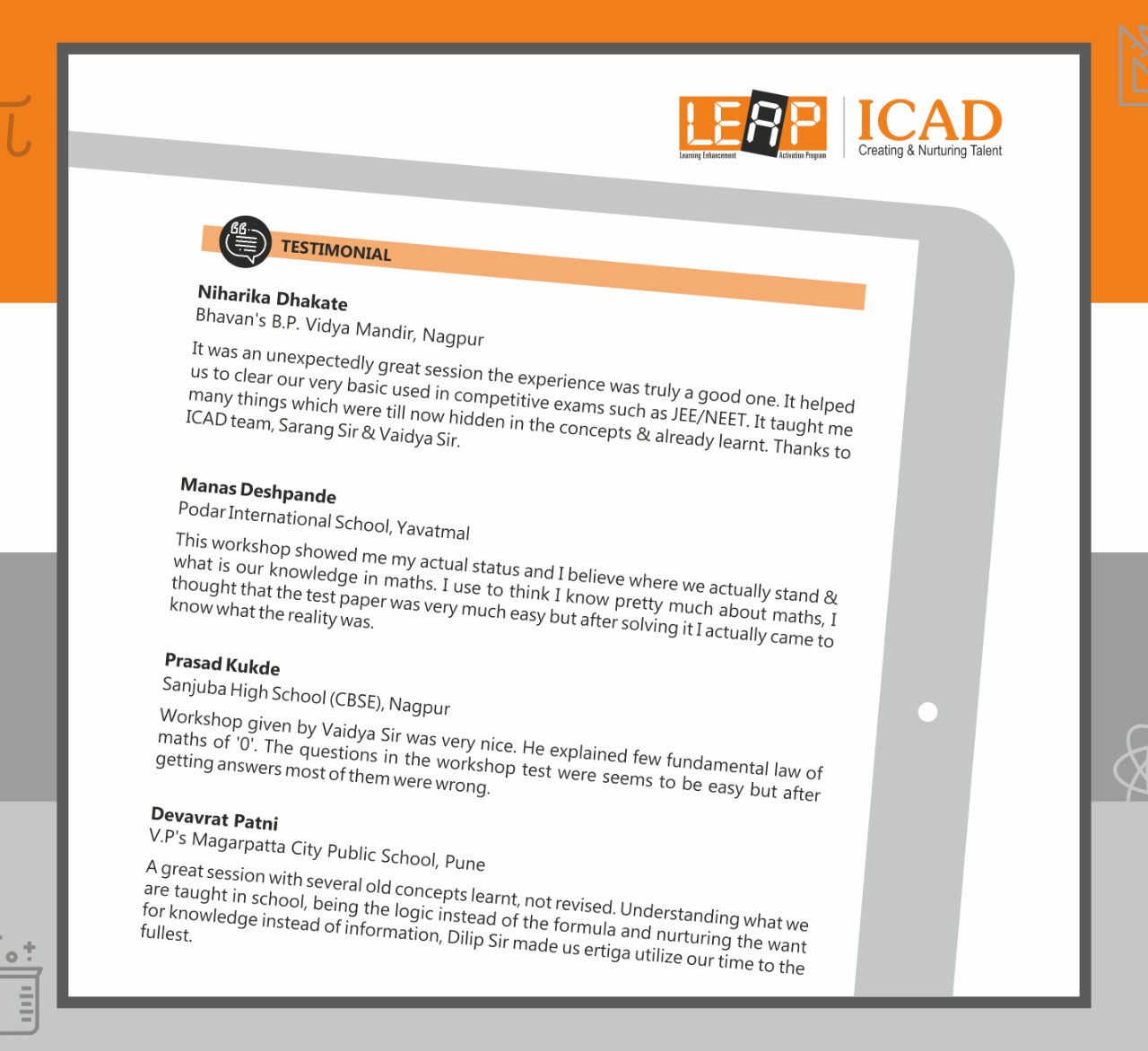
For the treatment of GBM, IORT with the Xoft System is a promising treatment option that may offer better outcomes for patients, with minimal side effects, compared to traditional radiation therapy,” according to the study’s lead researcher, Alexey Krivoshapkin, MD, PhD and neurosurgeon at the EMC.


“After researching this modality for nearly four years, we are greatly encouraged by these clinical results and the benefits this treatment offers to patients. Positive preliminary clinical data from this study was presented in September 2019 by Alexey Gaytan, MD, PhD, neurosurgeon at the EMC at the European Association of Neurosurgical Societies (EANS) Congress in Dublin, Ireland. Researchers concluded that IORT of recurrent GBM is feasible and provides encouraging local progression-free and overall survival, with a manageable toxicity profile. Kaplan-Meier OS curves in patients with post-operative contrast-enhancing volume (POCEV) of ≤ 2.5cm3 showed more favorable outcomes for patients in the IORT group (p < 0.05). As of December 2019, 8 patients from the IORT group were still alive, whereas none of the patients in the EBRT group survived.
#ICAD PROGRAM FREE#
The local progression free survival (locPFS) range for the IORT group was between 3.5 to 39 months, versus 2 to 10 months in the EBRT group. According to study findings, as of December 2019, median overall survival (OS) was 27 months in the IORT group, versus 21 months in the EBRT group. All patients underwent maximal safe resection 15 patients were treated with IORT without adjunctive chemotherapy, while the other 15 were treated with external beam radiation therapy (EBRT) and temozolomide. It involved 30 patients with recurrent GBM who were treated between August 2016 and June 2019. The study, titled “Intra-operative radiation therapy as salvage treatment option for recurrent glioblastoma multiforme,” (abstract #291893) was submitted to ASCO by Nidal Salim, MD, radiation oncologist and head of the radiotherapy center at the European Medical Center (EMC) in Moscow, one of the largest private medical clinics in Russia and an international leader in comprehensive care and oncology. “GBM is the most common and aggressive type of malignant primary brain tumor, with a median survival of 10-12 months.1,2 With almost 297,000 cases of brain and nervous system tumors diagnosed worldwide per year,3 this exciting new application for the Xoft System could substantially expand our addressable market, but more importantly, it has the potential to extend patients’ lives.” “This represents a significant milestone for the company, as it further validates Xoft intraoperative radiation therapy (IORT) in certain types of brain tumors and demonstrates the impact that this unique technology offers,” according to Michael Klein, Chairman and CEO of iCAD.


 0 kommentar(er)
0 kommentar(er)
